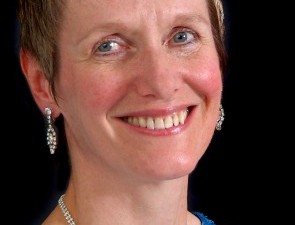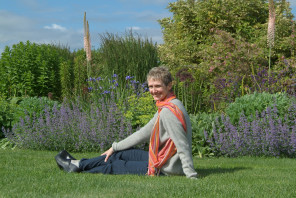
The survey I sent last week is from the book Highly Sensitive Person: How to Thrive When the World Overwhelms You by Elaine N. Aron, Ph.D. That term “highly sensitive” has so many negative cultural overtones, it would be easy to toss this aside. “That’s not me!” But that response in itself tells you what you were up against.
The survey in the book is 24 questions—but the free version of Survey Monkey only let me do 10 questions, so the sampling wasn’t really broad enough. Nevertheless, of those who took the quiz, most people’s responses probably put them in this HSP category. If you’re interested in seeing all the questions, click here.
Until I picked up this book, I didn’t know there was such a thing as a Highly Sensitive Person (HSP). But apparently, it’s a scientific reality: 15-20% of children are born with this genetic trait, a highly sensitive nervous system. It’s actually a physiological differentiation. Let me quote a couple of paragraphs from the book:
It (this basically neutral trait, a highly sensitive nervous system,) means you are aware of subtleties in your surroundings, a great advantage in many situations. It also means you are easily overwhelmed when you have been out in a highly stimulating environment for too long, bombarded by sights and sounds until you are exhausted in a nervous-system sort of way. Thus, being sensitive has both advantages and disadvantages.
In our culture, however, possessing this trait is not considered ideal and that fact probably has had a major impact on you. Well-meaning parents and teachers probably tried to help you “overcome” it, as if it were a defect. Other children were not always as nice about it. As an adult, it has probably been harder to find the right career and relationships and generally to feel self-worth and self-confidence.
I found this book intriguing because it places qualities I’ve associated with personality, into a different category and perspective. The author is also very clear that this HSP thing is not the same as introversion, or shyness. They might overlap, but the resultant behavior doesn’t stem from the same source.
What if you could take those qualities you may have judged as “lacking” in yourself, and reframe them? You’ve possibly been judging yourself because you’re not the standard sort of American work horse. In fact, you are a thoroughbred! You simply require a particular kind of care to thrive. At one point in the book, the author calls HSPs “Leaders in the Pursuit of Wholeness.” How about that?
If any of this gives you your “recognition” symptoms (goosebumps, gut-knowing-feeling, tears welling), I suggest you get the book form your local library.
Coach’s Challenge: You’ve lived long enough in your body to learn how best to accommodate your needs. But this week, really notice these needs, and tend them right away. When you are hungry, don’t wait to eat. When you feel frazzled, seek a peaceful break (or a nap!) But most of all, notice the running commentary in your head about those needs. If you’re giving yourself messages that demean your sensitivity—like “why can’t I deal with shopping malls like everyone else?” —I invite you to change that message to a positive acknowledgement. “That’s cool, I’m a thoroughbred!” And feel free to leave a comment!
Want to use this article? Great! Just please include the following:


